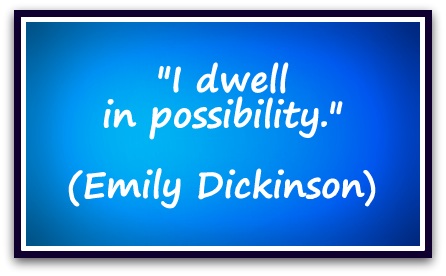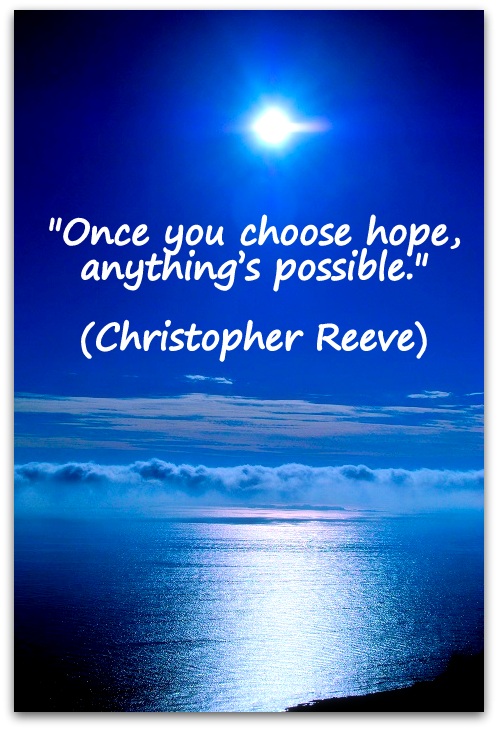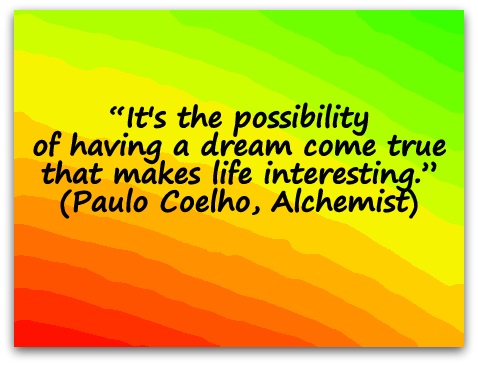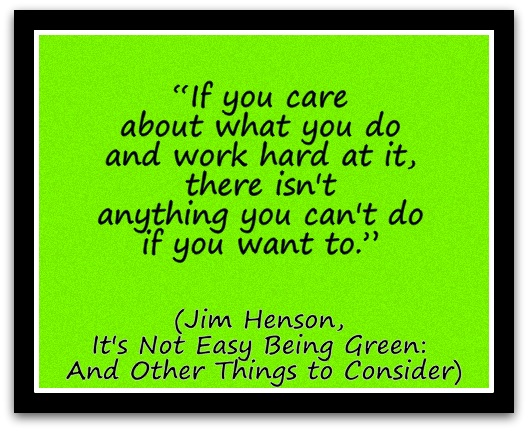Soul Values – It Starts Here
September is one of those times of year when many take the opportunity to reflect on their progress and plan. In this weeks guest post Reeny Carvotta Barron shares some of her experience and knowledge in:
Soul Values – It Starts Here
By Reeny Carvotta Barron
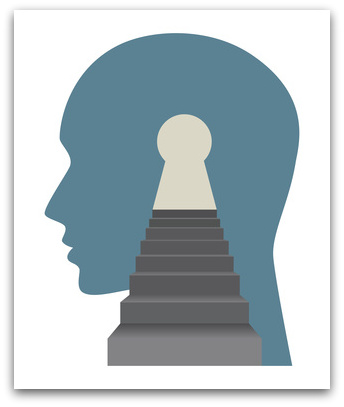
I’ve been doing a lot of thinking and writing and planning this year as I launch my business and refine my message and my purpose – it’s hard work but it feels like the most valuable work there is in many ways. I’m learning so much, I’m connected with amazing people and I feel like I’m right where I’m supposed to be. It’s exhilarating – even though some days are exhausting. Who knew thinking could be so tiring?
Lately I’m thinking about the ego vs. the soul and what motivates and drives us to succeed and accomplish and how the soul and ego fit into the picture. Both the soul and the ego exist and they both have their place – even when they are in conflict with one another.
In my view, the soul drives us to be, rather than do – the soul is connected to our higher purpose and isn’t as concerned with the day to day or with the outer.
It’s a delicious part of ourselves that we sometimes forget to take time to nourish. It’s where our inner wisdom lives. It’s where we know that we’re exactly right and perfect just as who we are and where we are. It’s a place that is always satisfied and doesn’t experience the longing that is so human and so defeating sometimes.
The soul is where we know that exactly what we’re doing right now and exactly what we’re experiencing is what is right for our growth and development.
And, it is. Truly it is. So often we don’t really see, believe or understand that it’s all right and perfect until we have the distance and luxury of time. Then we can look back and understand perfectly why things unfolded the way they did and we get that crisp, brilliant perspective on life. That’s when we understand that it all happened/happens as it ultimately meant to.
Why not skip the waiting and just know that right now? Not so easy you say? Agreed. But we can work toward that…
The ego on the other hand is like the competitive neighbor who wants what the person next door has, just because. Because why? Because it can, because it’s bent on desiring and agitating.
That ego agitation does generate motivation and drive and that certainly has a purpose, keeping our feet on the ground and the processes moving forward.
I’m going to spend some time this month on the soul vs. ego and I hope you’ll join me on the journey, by reading along and telling what you think, and how you see it. Together, let’s gain clarity about it all and see how we define these ideas… ready?
About Reeny Carvotta Barron
Reeny brings together the strengths of Higher Purpose Guidance Open Heart Coaching Heart of Business Mentor to guide intuitive sensitive women find their voice and embrace a soul aligned path to financial empowerment.
Her blogs, includes inspirational articles to guide you into the change you want to be.
You can have access to over 10 templates tools and meditations to use to realize change for yourself as you continue to live your life on purpose http://www.passionandpossibilities.com/gifts
Article Source: Soul Values – It Starts Here
Reeny Carvotta Barron Ezinearticles expert page

